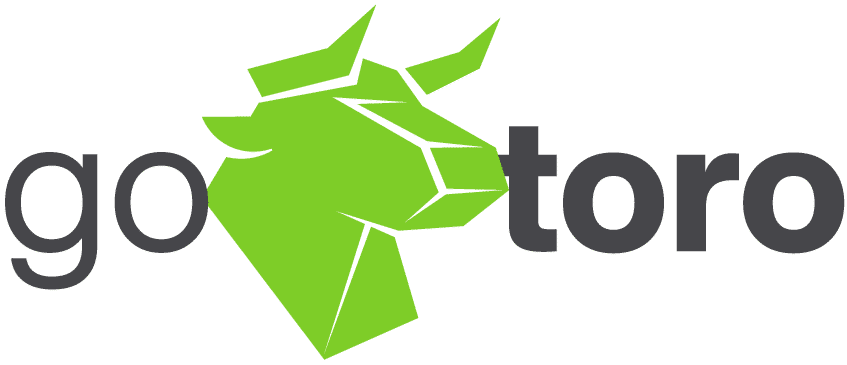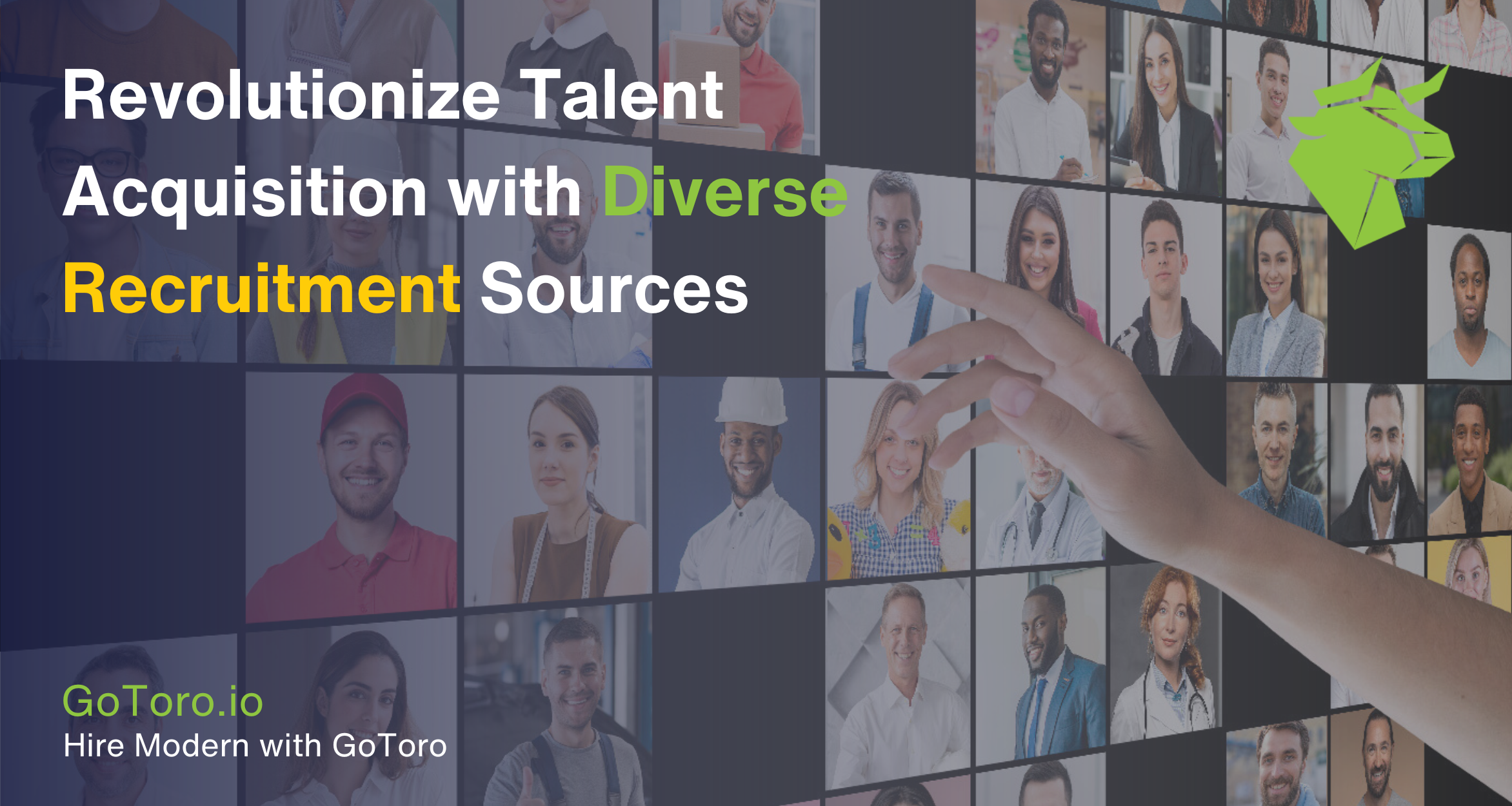Traditional Recruitment: A Narrow Path

Traditionally, hiring has leaned on a few familiar paths: job boards, recruitment agencies, and internal referrals. These methods have been the bedrock of finding talent. They’re straightforward, focusing on qualifications and experience. Yet, they often miss a vast array of talent by sticking to these well-trodden paths.
Embracing Diversification in Recruitment
The modern workforce demands a shift. It’s diverse, skilled, and varied. To tap into this richness, companies need to look beyond the usual channels. Diversifying recruitment sources isn’t just an option; it’s crucial. It opens doors to talent that might otherwise be overlooked, enriching the organization’s culture and capabilities.
The Downside of Traditional Methods
A Limited Scope
Traditional recruitment often leads to a uniform workforce. In today’s global business scene, this limits a company’s potential for growth and innovation.
Unconscious Bias
Old-school hiring can be biased, sometimes subtly. This can prevent a range of candidates from being noticed, narrowing the diversity of the workforce.
Keeping Up with Workforce Evolution
Today’s talent seeks flexibility and diverse work environments. Traditional methods might not appeal to them, making it harder for companies to attract modern, dynamic talent.
In summary, diversifying recruitment sources is more than keeping up with trends; it’s about embracing a broader talent pool for a more dynamic, innovative, and inclusive workforce. This approach is key for businesses aiming to stay competitive in a global market.
Identifying Diverse Recruitment Channels
Utilizing digital platforms is transforming recruitment sources. Social media recruiting, including platforms like LinkedIn, Facebook, and Twitter, serves as a gateway to vast, global talent pools. Niche job boards and forums are tailored to specific industries, offering a targeted approach to finding specialized talent. Online career fairs and virtual networking events provide unique opportunities to connect with potential candidates from various backgrounds, expanding the reach far beyond traditional methods.
Social Media as a Recruitment Tool

In today’s digital age, social media recruitment is an essential strategy, leveraging platforms like Instagram, Facebook, Twitter (X), and TikTok. Instagram and Facebook allow for showcasing company culture and targeted advertising to reach diverse talent pools. Twitter (X) is excellent for real-time job posting and engaging with potential candidates through concise, impactful messaging. Meanwhile, TikTok offers a unique angle, tapping into a younger demographic with creative and visual content that highlights workplace environment and company values.
TikTok, with over a billion monthly users spanning all age groups, has evolved into a dynamic recruiting platform utilized by companies such as Target, Shopify, and The Washington Post. Its format, favoring short and engaging content, is ideal for human resource videos, as demonstrated by Chipotle’s innovative hiring campaigns and Contra’s TikTok jumps for showcasing professional resumes. These strategies highlight the platform’s effectiveness in modern recruitment and brand promotion, particularly for remote-work platforms. Together, these platforms offer a dynamic and multifaceted approach to recruitment, crucial for connecting with a modern, diverse workforce.
Engaging with educational institutions is another crucial approach. Forming partnerships with universities and colleges can open up avenues to a young and diverse talent pool. Internship programs focused on diverse talent pools allow companies to integrate fresh ideas and scout for future employees. Scholarship programs aimed at attracting diverse candidates can bring in talent from varied socio-economic backgrounds, enhancing the workforce diversity.
Community outreach and networking are key in tapping into local talent. Participating in local community job fairs can reach a wide spectrum of candidates, promoting local employment. Collaborations with community organizations can help in connecting with local talent, creating a workforce that mirrors community diversity. Leveraging alumni networks is an effective strategy to recruit experienced professionals, enriching the talent pool with seasoned expertise.
Implementing Inclusive Recruitment Strategies
Crafting inclusive job descriptions is pivotal in diversifying recruitment sources. Using neutral, gender-inclusive language ensures that job postings are appealing to all candidates. Focusing on essential qualifications and skills, rather than a long list of requirements, can attract a broader applicant pool. Offering flexible work arrangements can draw in candidates who require adaptable work schedules, including those balancing family or educational commitments.
Inclusive interviewing and assessment techniques are foundational to an equitable recruitment process. Structured interviews, where each candidate is asked the same set of questions, help in minimizing unconscious biases. Having diverse interview panels ensures that assessments are balanced and fair, with perspectives from various backgrounds. Blind recruitment practices, where candidates’ personal details are anonymized, allow for a focus on skills and experience, promoting a fair and unbiased selection process.
By exploring these diverse recruitment channels and implementing inclusive strategies, businesses can significantly broaden their recruitment sources. This approach leads to a workforce that is not only diverse but also dynamic and innovative, aligning with the evolving landscape of the global job market.
Leveraging Technology in Diversified Recruitment
Artificial Intelligence and Machine Learning

In diversified recruitment, Artificial Intelligence (AI) and Machine Learning (ML) are game changers. They automate sourcing, bringing efficiency to recruitment processes. AI and ML help in reducing biases during candidate screening, ensuring a fairer selection process. Predictive analytics plays a significant role in this technological shift, enabling companies to proactively identify potential candidates based on data-driven insights.
Artificial Intelligence and Machine Learning are revolutionizing the recruitment landscape, offering more than just efficiency in sourcing candidates. These technologies provide a level of precision and personalization previously unattainable. AI algorithms can analyze a vast array of data points to identify candidates who not only possess the required skill sets but also fit well with a company’s culture and values. This holistic approach ensures a more effective match between organizations and potential employees, leading to higher job satisfaction and lower turnover rates.
Moreover, AI-driven tools are instrumental in mitigating unconscious biases that can pervade traditional recruitment methods. By focusing on data-driven insights, these technologies facilitate a more inclusive hiring process, promoting diversity in the workplace.
Artificial Intelligence goes beyond mere candidate selection. It also enhances candidate engagement and improves the candidate experience. AI-driven chatbots can interact with potential candidates in real-time, providing instant responses and maintaining engagement throughout the recruitment process. This level of interaction is particularly valuable in attracting tech-savvy talent, who appreciate swift and interactive communication.
Another significant benefit of AI in recruitment is its ability to analyze and interpret large datasets, providing insights into recruitment trends and candidate preferences. This data-driven approach allows companies to refine their recruitment strategies continuously, adapting to changes in the job market and candidate expectations.
Recruitment Software and Tools
Applicant Tracking Systems (ATS) and Candidate Relationship Management (CRM) tools are integral to modern recruitment strategies. ATS streamline and organize applications, simplifying the recruitment workflow. CRM tools maintain engagement with potential candidates, building a talent pool that is essential for ongoing recruitment needs. Additionally, diversity-focused recruitment platforms are designed to enhance diversified recruitment efforts. These platforms aim to reach underrepresented groups, fostering a diverse and inclusive applicant pool.
By embracing these technologies, businesses can significantly improve their diversified recruitment strategies. The use of AI, ML, ATS, CRM tools, and specialized platforms ensures a more inclusive, efficient, and effective approach to sourcing and engaging talent in today’s diverse job market.
Legal and Ethical Considerations in Recruitment Sources
Compliance with Employment Laws
Understanding and complying with equal employment opportunity (EEO) laws is crucial. These laws ensure fairness in hiring practices. Navigating affirmative action requirements is also essential. It involves understanding legal obligations to promote diversity. These laws shape ethical recruitment sources and practices.
Ethical Recruitment Practices
Maintaining transparency and fairness is key in recruitment. It builds trust and upholds the company’s reputation. Avoiding tokenism and performative diversity is also crucial. Genuine diversity efforts go beyond just appearances. They ensure that recruitment sources and processes are truly inclusive.
Future Trends in Recruitment Diversification
Emerging Technologies and Their Impact
Virtual Reality (VR) and Augmented Reality (AR) are shaping the future of recruitment. They offer innovative ways to engage and assess candidates. The role of big data and analytics is growing too. These technologies provide insights into effective recruitment sources and strategies. They help in making informed decisions in talent acquisition.
Changing Workforce Demographics
The rise of remote and global workforces is changing recruitment. It expands recruitment sources beyond geographical boundaries. Adapting to the needs of different generations is also important. Each generation brings unique expectations and skills. Understanding these needs helps in diversifying recruitment sources to attract a varied talent pool.
In summary, the journey through diversified recruitment reveals a landscape rich with possibilities. Embracing varied recruitment sources is more than a trend; it’s a strategic imperative in today’s global and diverse workforce. From leveraging technology like AI and VR to navigating legal and ethical landscapes, diversified recruitment offers a pathway to a more inclusive, innovative, and dynamic workforce.
Adopting advanced recruitment solutions like programmatic job advertising is a key strategy for businesses aiming to enhance hiring efficiency and reach a broader range of candidates. By leveraging such technologies, companies can build diverse and dynamic teams, crucial for driving success in today’s global marketplace – request a demo today to diversify your recruitment sources.


